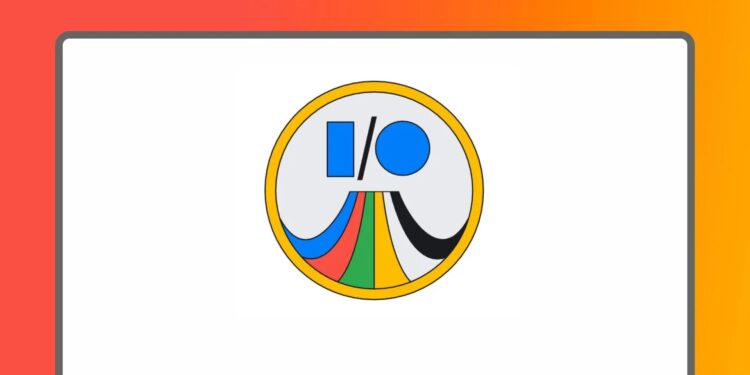We know lots of people are wondering about Google I/O highlights. The first day of Google’s I/O developer conference on Wednesday didn’t provide any surprises or “aha” moments, but that was nearly intended. Google made it plain that it wants to highlight the Generative AI technology that would underpin its most well-known products, which are utilized by billions of people worldwide.
Sundar Pichai, the CEO of Google, and other Google employees attempted to persuade the audience throughout the two-hour keynote address that artificial intelligence is at the foundation of all of Google’s services and products, including the new Pixel smartphones.
There is a lot to learn from this year’s I/O, particularly given the pressure Google is under to update its products with AI capabilities in light of Microsoft’s unexpected AI launch and the looming threat of losing its position as the default search engine on Samsung and Apple devices.
Google I/O highlights include the availability of the generative AI chatbot, Bard, the launch of the Pixel Fold, the Pixel 7a, and the Pixel Tablet, as well as the unveiling of Android 14 with AI-generated wallpapers and more lock screen personalization options.
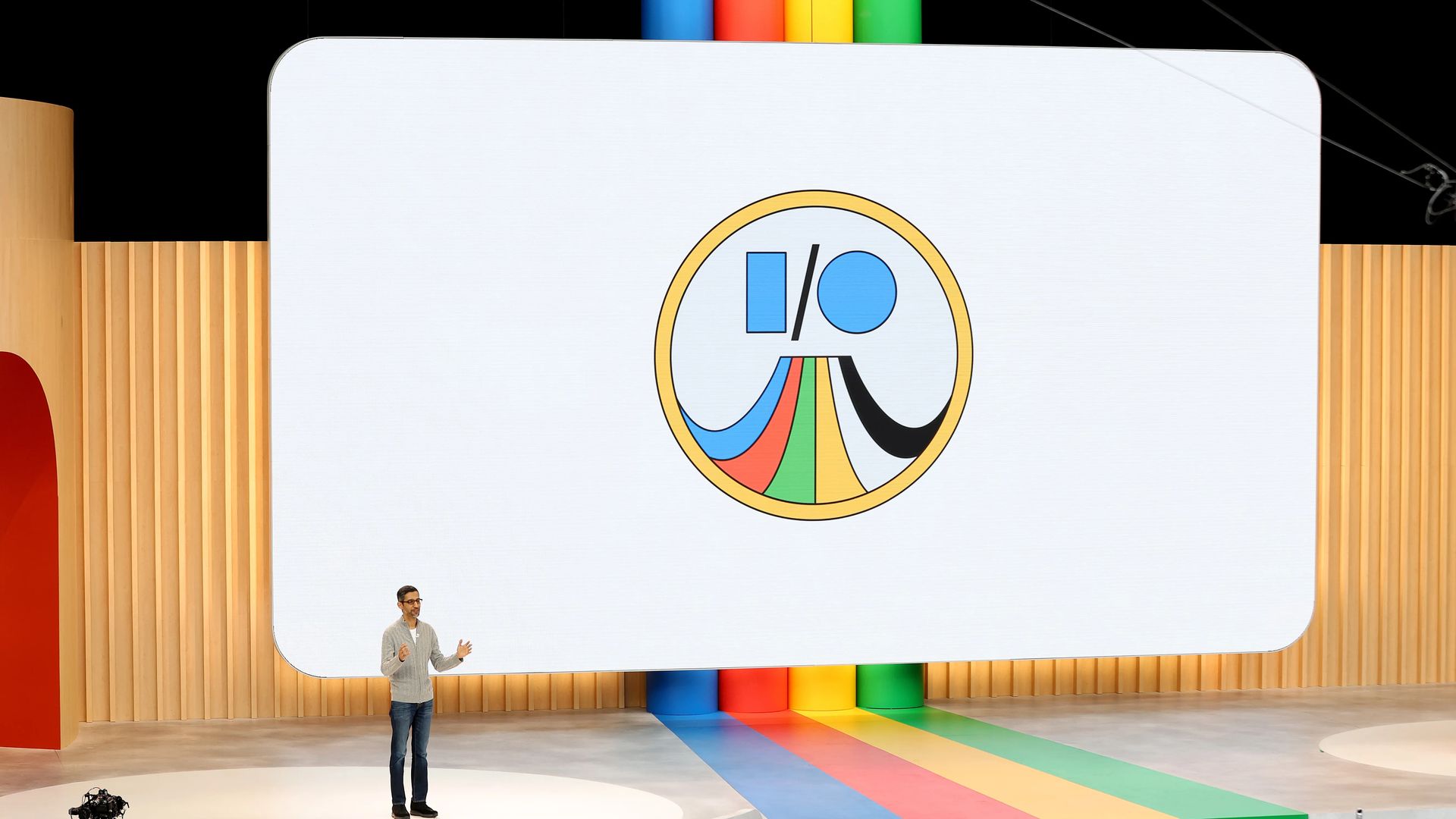
Google I/O highlights: Bard is now available
Google has announced that its generative AI chatbot, Bard, will be made available to a wider English-speaking audience, with fewer waitlist restrictions. The goal is to expand the user base of the chatbot, which will allow for more extensive user feedback and provide a larger sample size for enhancements and feature additions.
The official announcement was made by Sissie Hsiao, Vice President, and GM for Assistant and Bard at Google, in a blog post, and Bard is now accessible in over 180 countries and territories.
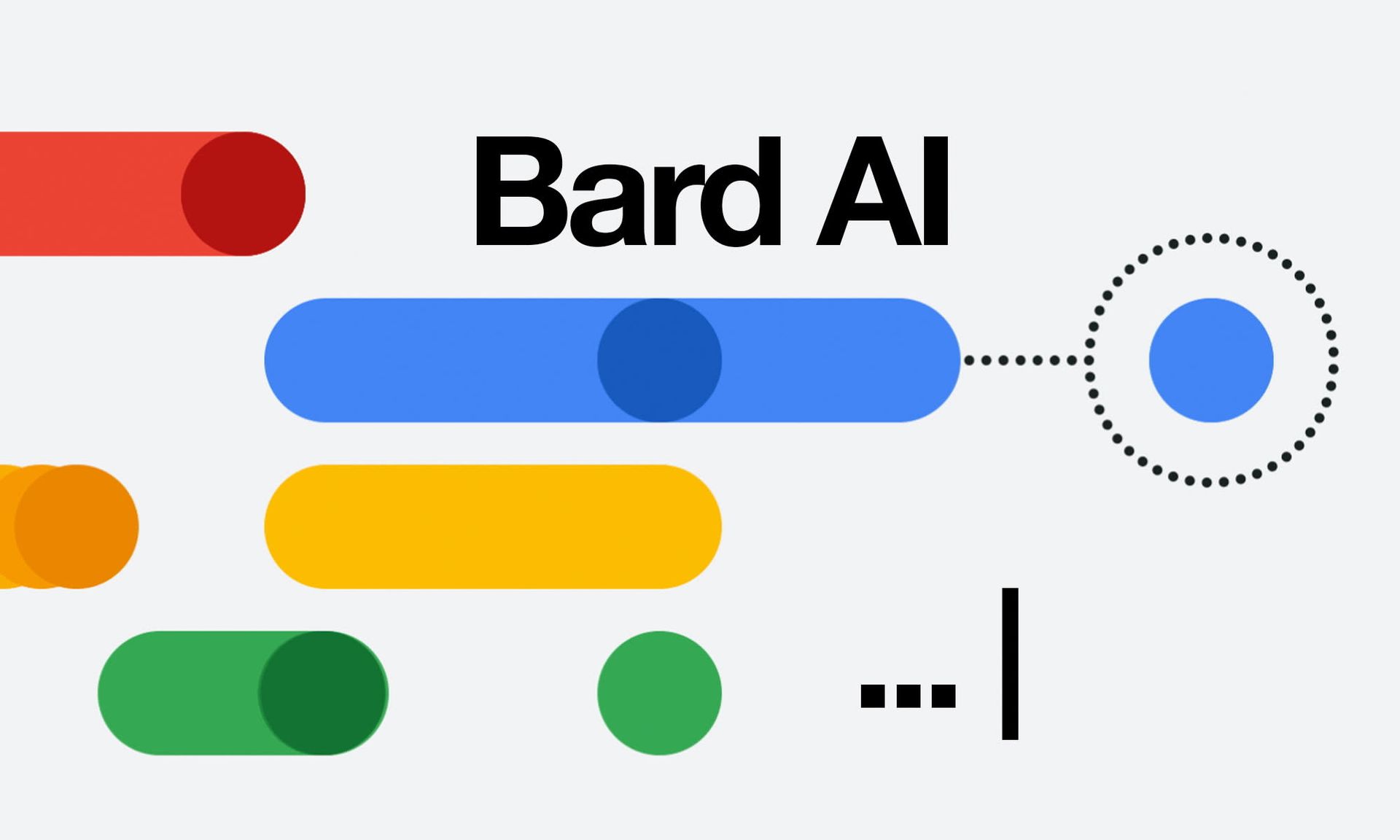
By making Bard more accessible, Google hopes to gather more user feedback to improve the chatbot’s performance. At a press event before the conference, John Krawczyk, Senior Product Director at Google, disclosed that they will be rolling out Korean and Japanese versions of Bard and adding more languages in the future.
Google is introducing additional languages gradually to ensure the responsible development of the chatbot. During the press event, Google reiterated its commitment to responsible chatbot development, referring to it as an experiment rather than a beta.
If you wanna learn more about Google Bard AI, read our article, Google Bard is now available in over 180 countries.
Google I/O highlights: Pixel Fold
Google has shown a foldable smartphone for the first time; it costs $1800 and is marketed for enthusiasts and high-end customers. Similar to the Oppo Find N, the Pixel Fold has a book-like folding design with two displays. The gadget will have a cover display that is 5.79 inches wide and an interior display that is 7.69 inches wide when it debuts on the market.
The hinge is described as “the most durable hinge on a foldable” and is water-resistant. Google’s Tensor G2, which debuted in the Pixel 7 and Pixel 7 Pro last year, is also included in the Pixel Fold. The Pixel Fold has been a secret for years, but it is now revealed just when the smartphone market is seeing its worst decrease ever.
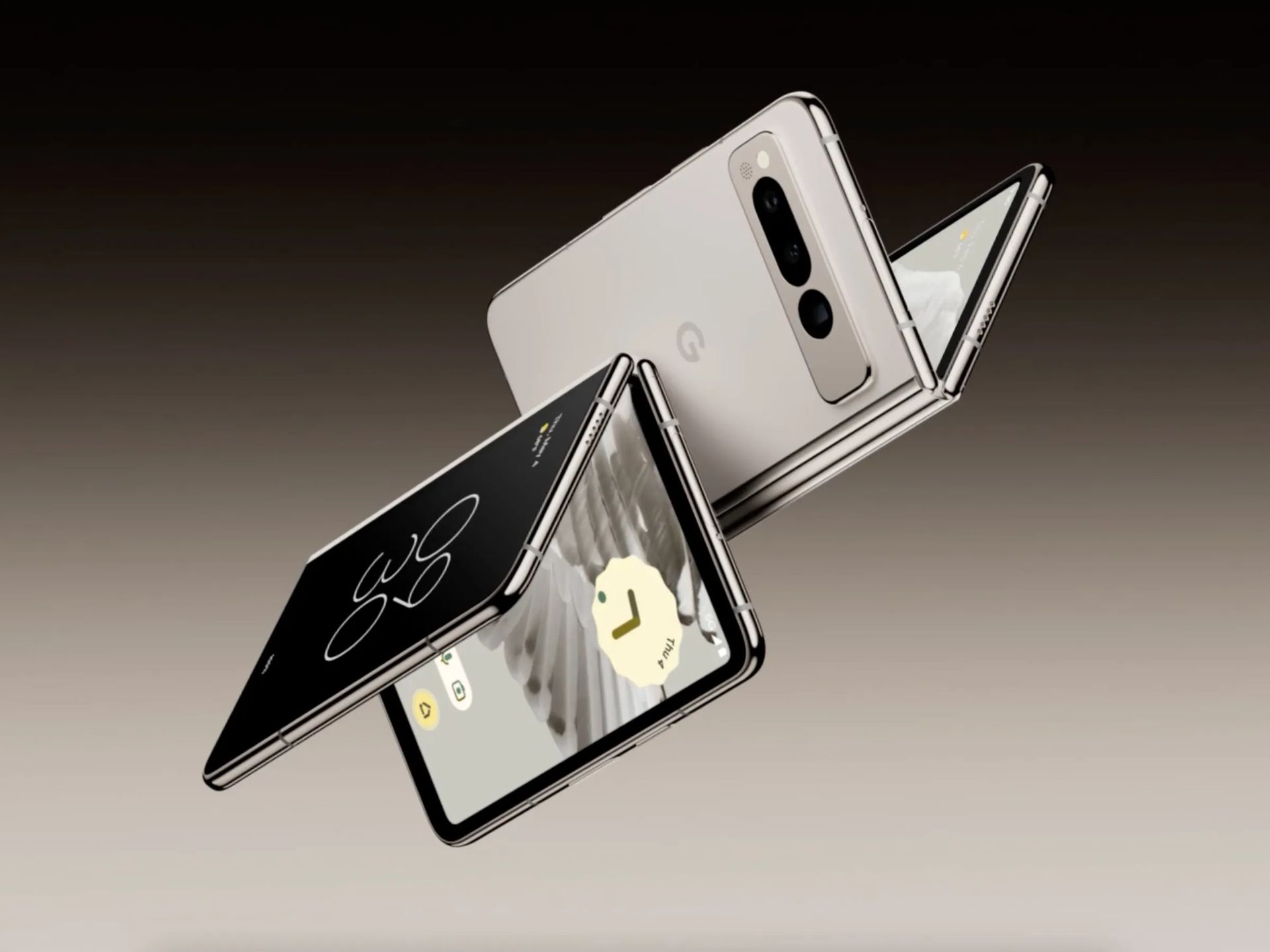
On the other hand, the market for premium smartphones has never been more robust, particularly in developing nations like India. Google has no immediate plans to introduce the Pixel Fold in India. In other words, if your smartphone budget is over a lakh, you will likely choose between the Galaxy Fold 4 and the iPhone 14 Pro.
If you need more information about Pixel Fold, you can read our article, Google Pixel Fold: Specs, price, and release date.
Google I/O highlights: Pixel 7a
However, Google is serious about its plans to use the Pixel 7a in India to dominate a premium mid-range market. The Pixel 7a, which was unveiled at I/O, is simply a less-priced version of the company’s flagship smartphone from last year, the Pixel 7. The Pixel 7A delivers a somewhat different experience while having the same Tensor CPU and design as the Pixel 7.
All significant criteria for the new model have been improved, particularly in the area of the camera. The two back cameras are still present, however, they now each have a 64 MP wide and a 13MP ultrawide lens.
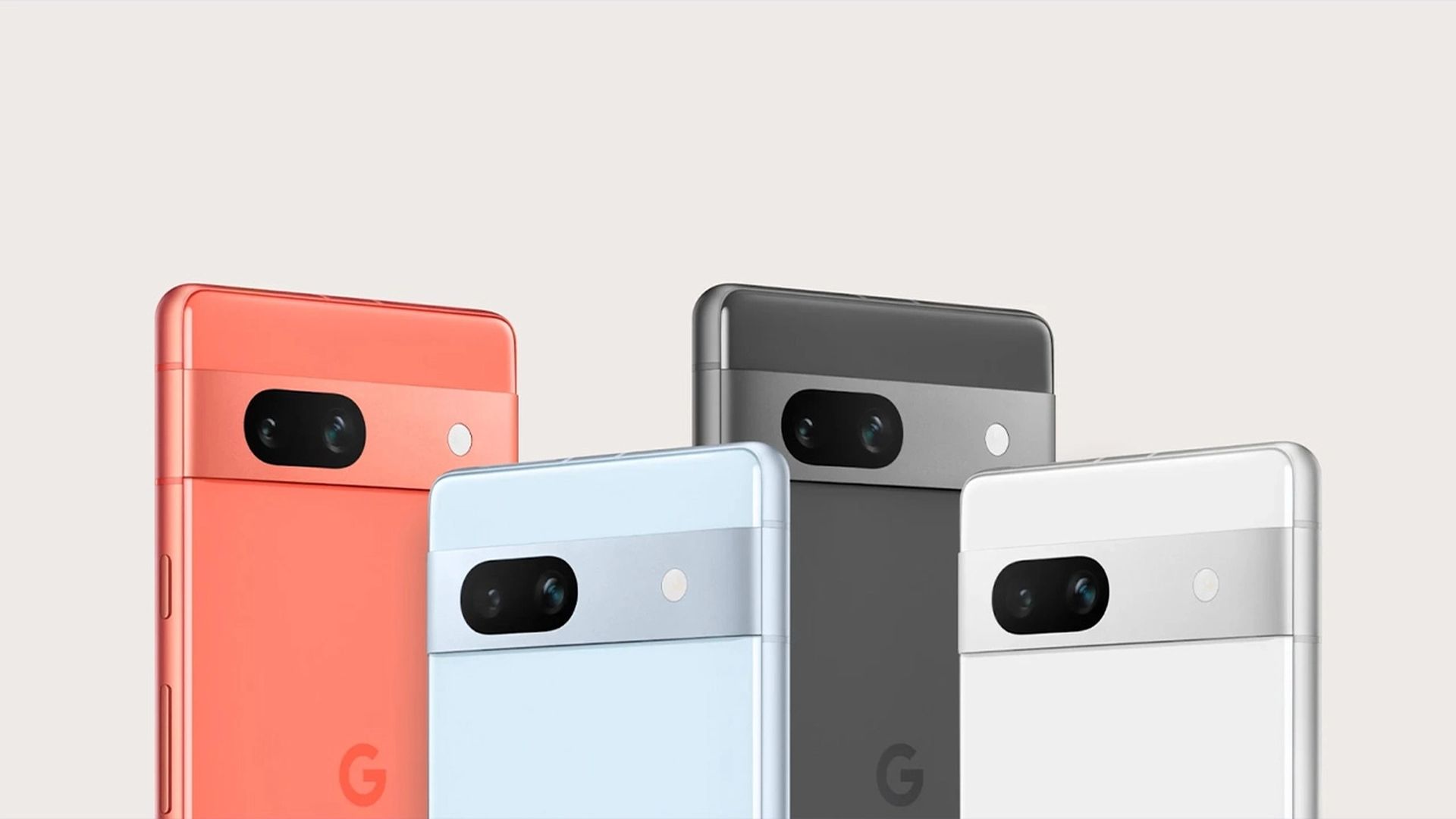
Given Google’s expertise in cameras, the Pixel 7a will offer good photography for the money. Google’s Pixel A-series smartphones are not, however, more affordable gadgets. With a price tag of Rs 43,999, Google’s Pixel 7a competes with the OnePlus 11R and Apple iPhone SE.
Read this post if you need more details regarding Google Pixel 7a: Specs, price, battery, and more.
Google I/O highlights: Pixel Tablet
Google unveiled the Pixel Tablet in addition to the two new Pixel phones. Since the limited-edition Pixel C tablet from 2015, Google has released the $499 Pixel Tablet. In this sense, Google has thus far this year entered the tablet industry. Is Google well equipped to compete with Apple in the tablet market? The Pixel Tablet appears promising, even if it’s still unclear how Google will perform in the cutthroat tablet industry.
Google, in contrast to Apple or Samsung, has adopted a different strategy for the tablet industry.
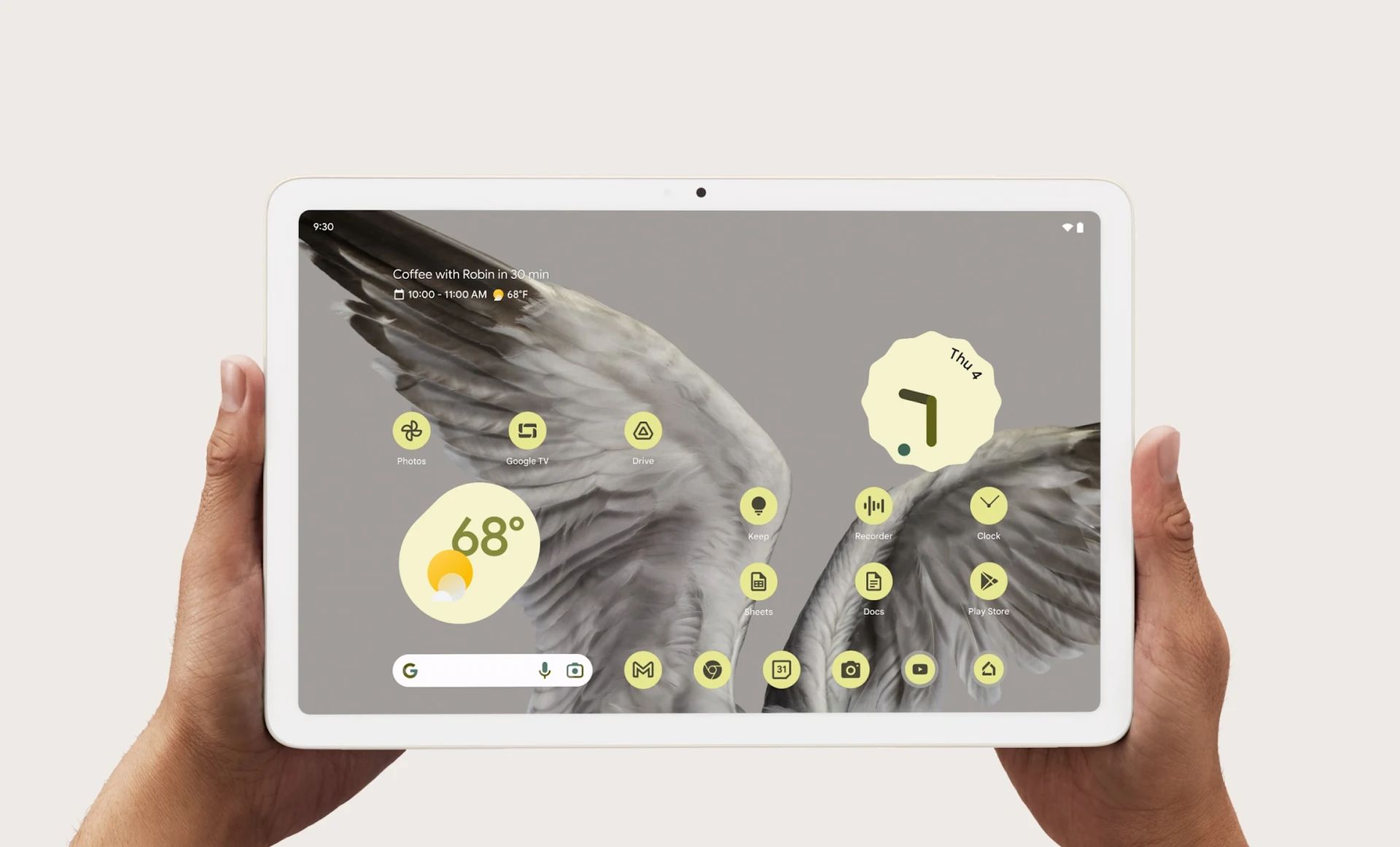
The Pixel Tablet has a surface that is similar to other slate-style tablets, but it also has a wireless dock that serves as a speaker and charging station. Like the Amazon Echo Show, this will enable customers to utilize the tablet as a smart display. Though the idea of a “family tablet” with several uses is a brilliant one, much will rely on how Google modifies the software environment.
Yes, you guessed right, we have an article on that too, Google’s Pixel Tablet: Specs, price and more
Google I/O highlights: Android 14
The most recent iteration of Google’s mobile operating system, Android 14, will include AI-generated wallpapers and additional lock screen personalization choices. Dave Burke, vice president of engineering for Android, demonstrated how users of the platform would be able to further customize their lock screen, design new wallpapers using emoji, and create 3D backgrounds using photographs.
Generative AI has made all of these qualities feasible. The Pixel phones will get them the following month. In the meanwhile, generative wallpapers with a choice of theme and prompts will be available in the autumn.
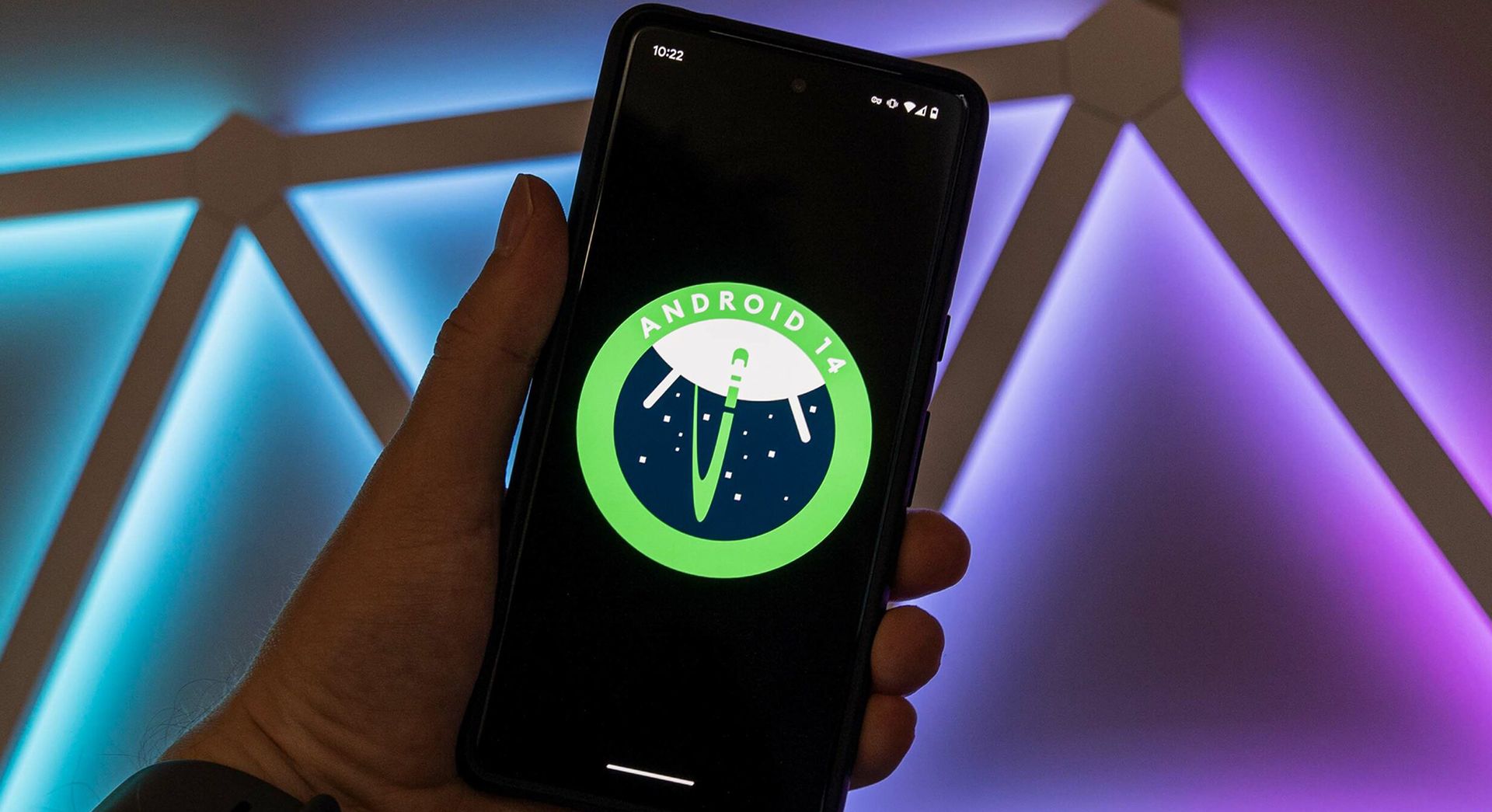
Click the link if you want to know more about the Android 14 timeline: News, rumors, and expectations
Google I/O highlights: Conclusion
The first day of the Google I/O developer conference focused on highlighting the importance of generative AI technology and how it underpins all of Google’s products and services. Google aims to update its products with AI capabilities to remain competitive in the market.
The event showcased the launch of the Pixel Fold, Pixel 7a, and Pixel Tablet, along with the availability of the generative AI chatbot, Bard. Google’s strategy to expand Bard’s user base and language availability demonstrates the company’s commitment to responsible chatbot development.
While the Pixel Fold targets high-end customers, the Pixel 7a aims to dominate the mid-range market. Finally, the Pixel Tablet appears promising, but much will rely on how Google modifies the software environment. Overall, Google’s I/O highlights provide valuable insights into the company’s future direction and aspirations.

